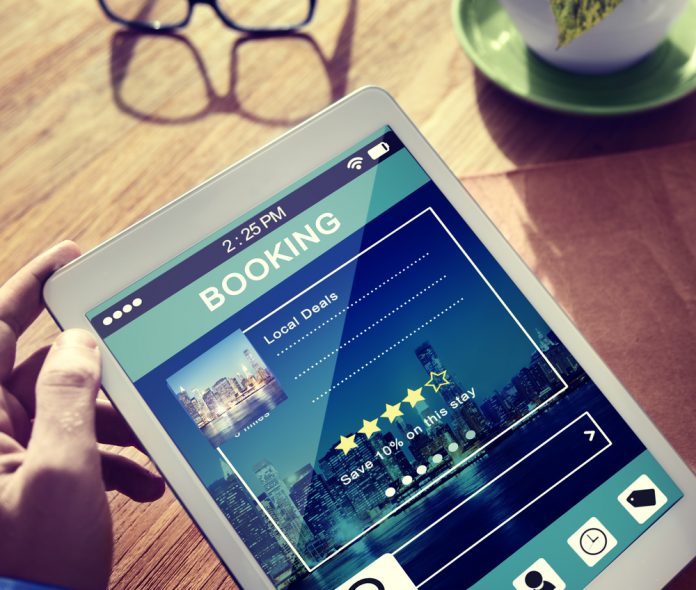It’s important to ensure that your hotel website brings in plenty of traffic and allows lots of would-be travellers to take a look at what you have to offer. However, if you’re not enjoying lots of conversions from this and people are continuing to look rather than go all the way through and book, then it suggests you might need to carry out a few tweaks to your reservations process in order to boost your annual revenue. It’s not just you though; according to SaleCycle, 81 per cent of visitors to travel sites leave before completing their booking.
Whether you run a hotel or an airline, this can be a real source of annoyance. Of course, there will always be a certain percentage of people who are just daydreaming and never intend to book – but what can be done about those who are falling through the cracks for other reasons? Here are a few tips and techniques you can employ to encourage conversions. Aesthetically pleasing visuals If you’re in the travel industry, then you’re in the business of selling dreams to your customers – so really make them covet a stay at your property by showing it off fully on your website. Take lots of high-definition photos, shoot video clips and complement the property with matching colours around the edges, as well as your classy-looking logo. This will sub-consciously boost the hotel’s appeal and should translate into better rates of booking.
MDG Advertising found that 67 per cent of consumers consider clear, detailed images to be very important and carry more weight than written descriptions when making purchases, so never underestimate the power of good pictures.Accurate yet concise room descriptionsMany hotels let themselves down online by cluttering up their web pages with reams and reams of information that won’t be relevant to many users. It’s vital to keep it simple when you’re writing for the internet because people digest its information differently than they do in print. Describe the rooms you have available as clearly as possible and if there are multiple options, hide them in drop-down menus until the would-be guests needs them.
Also, allow them to narrow down their options as early as possible by choosing their requirements from a list and their dates from a calendar and then only showing them the choices that they need.Offer little extrasYou’ll no doubt already be showing the best room rates and booking packages you have available, but you can boost their appeal by adding little extras to tempt people who might be on the fence. For example, you might mention that with certain rooms, guests can enjoy complimentary airport pick-ups, which is sure to appeal to anyone concerned about organising their transfers.Even something as simple as promoting free Wi-Fi could convince travellers to book with you, perhaps because they need to get on with some work while they’re away.Perfect your booking engine A poor hotel booking engine can be a key cause of abandoned bookings.
Indeed, SaleCycle found 13 per cent of its respondents have ditched a reservation because the booking process was too long or checkout was too complicated, which suggests easy money is being lost.You need to ensure your booking engine is dynamic, efficient and consistent with the rest of your website and that it is simple and not confusing to use.This should not only boost bookings but also promote loyalty, since a guest might remember that they manage to book a hotel in just a few clicks and minimal fuss – yours. Optimisation for mobiles More people than ever are now making travel bookings on their smartphones and tablets, so it’s essential to provide a responsive website for them if you don’t want them to become frustrated and abandon their booking. It should be compatible with as many types of devices as possible and have a booking engine that’s secure and mobile-friendly too – if you’ve just tried to shrink your PC version to fit, it might not perform and that could lead to confusion and annoyance.
No hidden extras Transparency is vital for hotels, as people want to know that the prices and terms they see are what they’ll adhere to when they book. If you tack on booking fees and strict cancellation charges at the final stage without warning users in advance, it’s likely to make them feel cheated, particularly if price has been a key factor in them choosing you in the first place.Indeed, 53 per cent of respondents to SaleCycle’s survey said they abandoned their booking when shown the total price, suggesting that travel companies aren’t all being entirely transparent. Keeping things above board will ensure your guests have faith in you and are happy to whip out their credit cards.Just a 0.5 per cent increase in conversions can equate to 50 per cent more revenue for travel companies, so don’t waste any opportunity to change looking into booking – correct those pain points and watch the direct reservations roll in.







